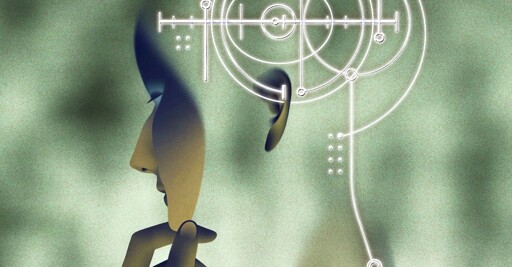If this is the way to superintelligence, it remains a bizarre one. “This is back to a million monkeys typing for a million years generating the works of Shakespeare,” Emily Bender told me. But OpenAI’s technology effectively crunches those years down to seconds. A company blog boasts that an o1 model scored better than most humans on a recent coding test that allowed participants to submit 50 possible solutions to each problem—but only when o1 was allowed 10,000 submissions instead. No human could come up with that many possibilities in a reasonable length of time, which is exactly the point. To OpenAI, unlimited time and resources are an advantage that its hardware-grounded models have over biology. Not even two weeks after the launch of the o1 preview, the start-up presented plans to build data centers that would each require the power generated by approximately five large nuclear reactors, enough for almost 3 million homes.



you probably meant to say 1 in (…) is right next to zero, but it is not, there is infinite number of numbers between them 😀
yes, it is, but it is not zero, which is what i tried to relay. it may be just fun fact, but one day that knowledge may prove itself useful.
well, if you really have infinite number of monkeys, than any finite number can’t compete with it.
since i made the following text before i realized i misread your statement, i’ll leave it here anyway, to show how incredibly small the number in your lottery idea is.
i’ll make rough estimate, based on my mini country, that there is at least 1 lotteries per 1 million people, which would make it at least 8000 lotteries existing in the world. i think it is far more, but i will err on the side of caution in these estimates.
for winning a lottery, i will count not only the big win, but also shitty wins where you buy a ticket for a dollar and win two dollars. lets say your chance of winning “something” is 1/100.
and lets say you have 40 years to live.
your chance of winning every possible lottery in the world for the rest of your life (under the assumption that you can afford the original 8000 tickets) is
that’s number that has numeral one and then 233 million 600 thousand zeroes below the fraction line of the result 😜 to put that into context, it is estimated that the there are between 10^78 to 10^82 atoms in the observable universe.